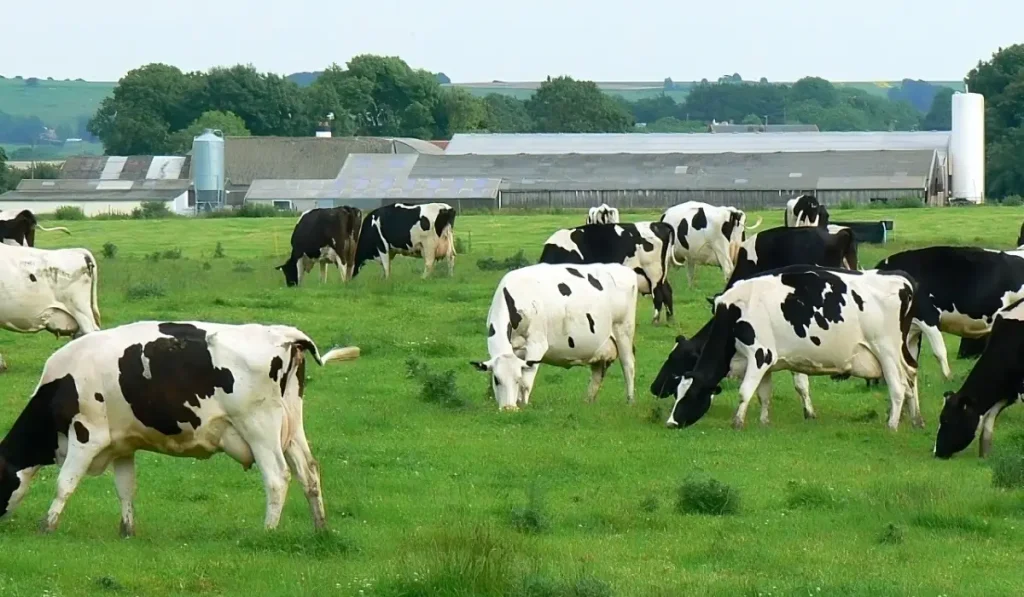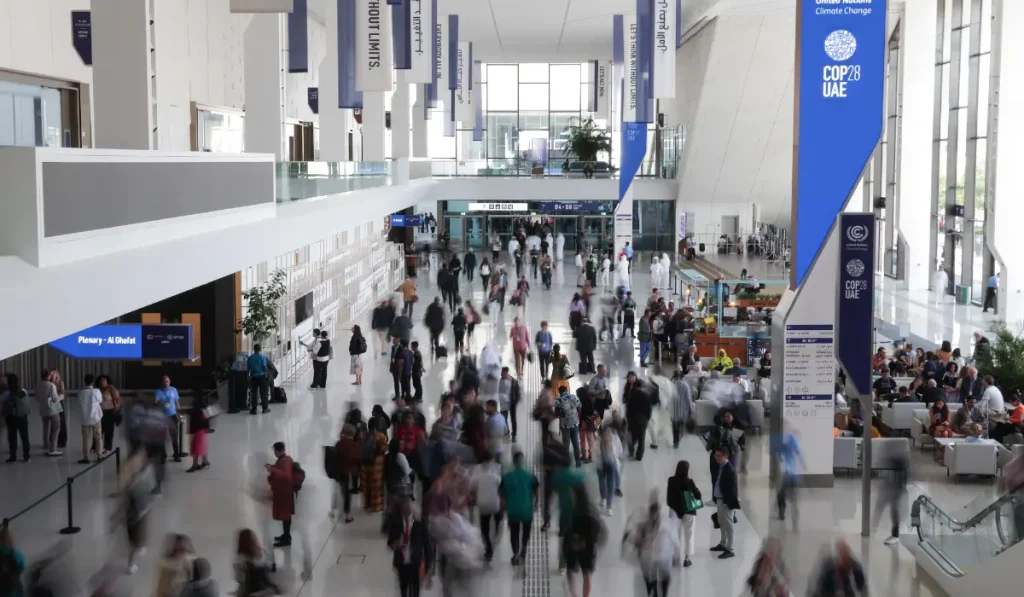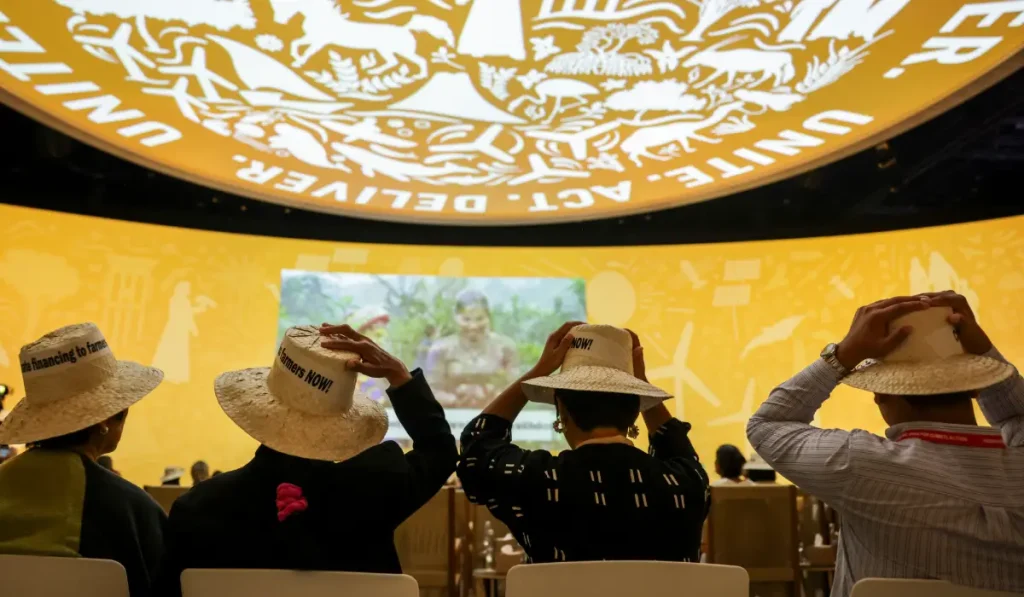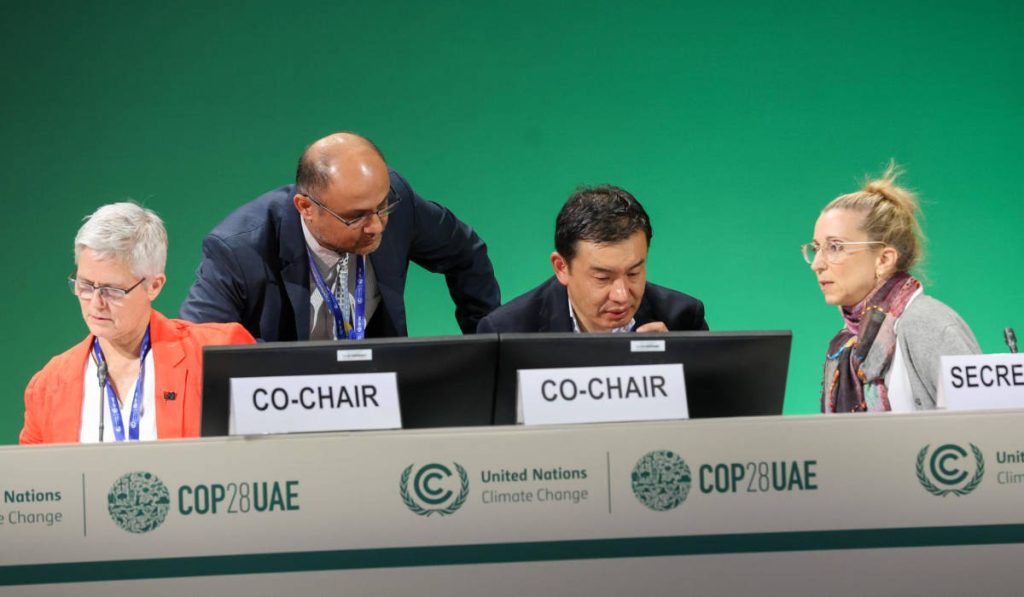At this year’s Africa Climate Talks held in Addis on 31 January 2023, the African Group of Negotiators (AGN) chair, Ephraim Mwepya Shitima from Zambia, briefed African Union member states and stakeholders on the outcomes of COP27. He acknowledged that while some considered it to be a failure, the position of the AGN is that success is measured in light of the mandate given, and that COP27 delivered on its mandate. He underscored that the formal recognition of the importance and necessity of grant-based financing for sub-Saharan Africa is a key outcome from the COP, and should not be overlooked. The AGN was, however, disappointed that some developed countries had failed to meet their financial pledges made in Glasgow to the Adaptation Fund and that they failed to take adaptation more seriously.
With respect to adaptation, the AGN was also disappointed on progress achieved on the global goal on adaptation (GGA). The AGN was hoping to see a “concrete” framework with science based indicators. Instead, parties agreed to continue pursuing a process to agree to a framework. This position was echoed by Mr Maesela Kekana, when reporting back to the South African Parliament. He described the proposed GGA framework as “disappointing”. The agreement to continue simply pursuing a process to agree on a framework, meant that African negotiators must continue to push for “science-based indicators, targets and metrics” within it. According to Kekana, the lack of progress achieved on the framework was because of the conduct of developed countries “who were unwilling to take [it] seriously”.
One of the successes of the COP highlighted by Shitima, however, was the establishment of a Loss and Damage Fund, and the establishment of a transitional committee to work on the modalities and oversee the operationalisation of the fund. African representatives have already been nominated to this committee.
Speaking on the Just Transition Work Programme that was agreed to in December, the AGN chair also noted that it should not only facilitate ambitious and equitable climate action, but that it must also recognise the different starting points of countries and nationally defined development priorities of developing countries.
Reporting back separately to the South African Parliament, Kekana also noted that the proposal to put Africa’s special circumstances on the agenda did not enjoy consensus, and informal consultations by the Egyptian COP27 Presidency also reached an impasse. The issue will apparently be taken up by the COP28 President.





